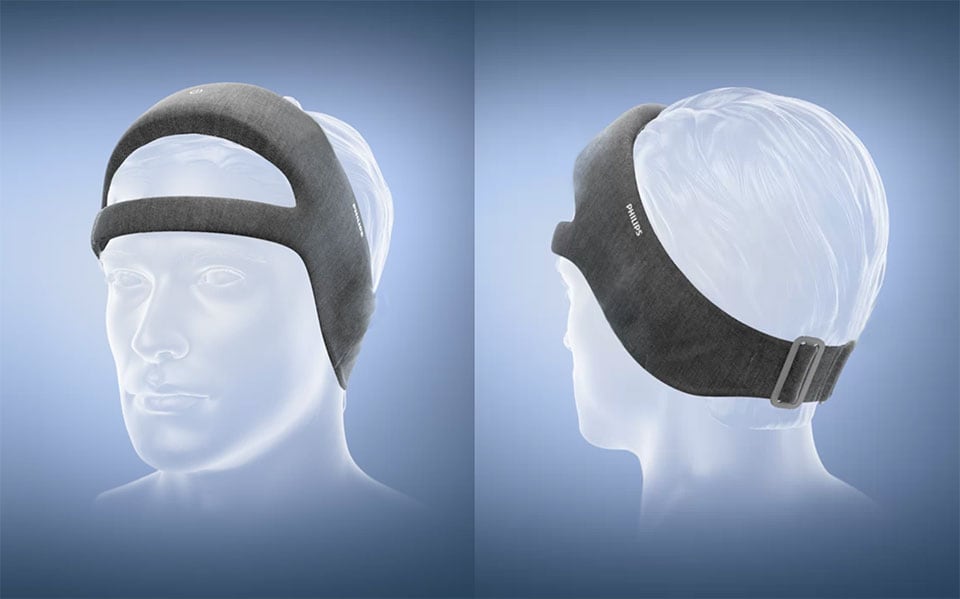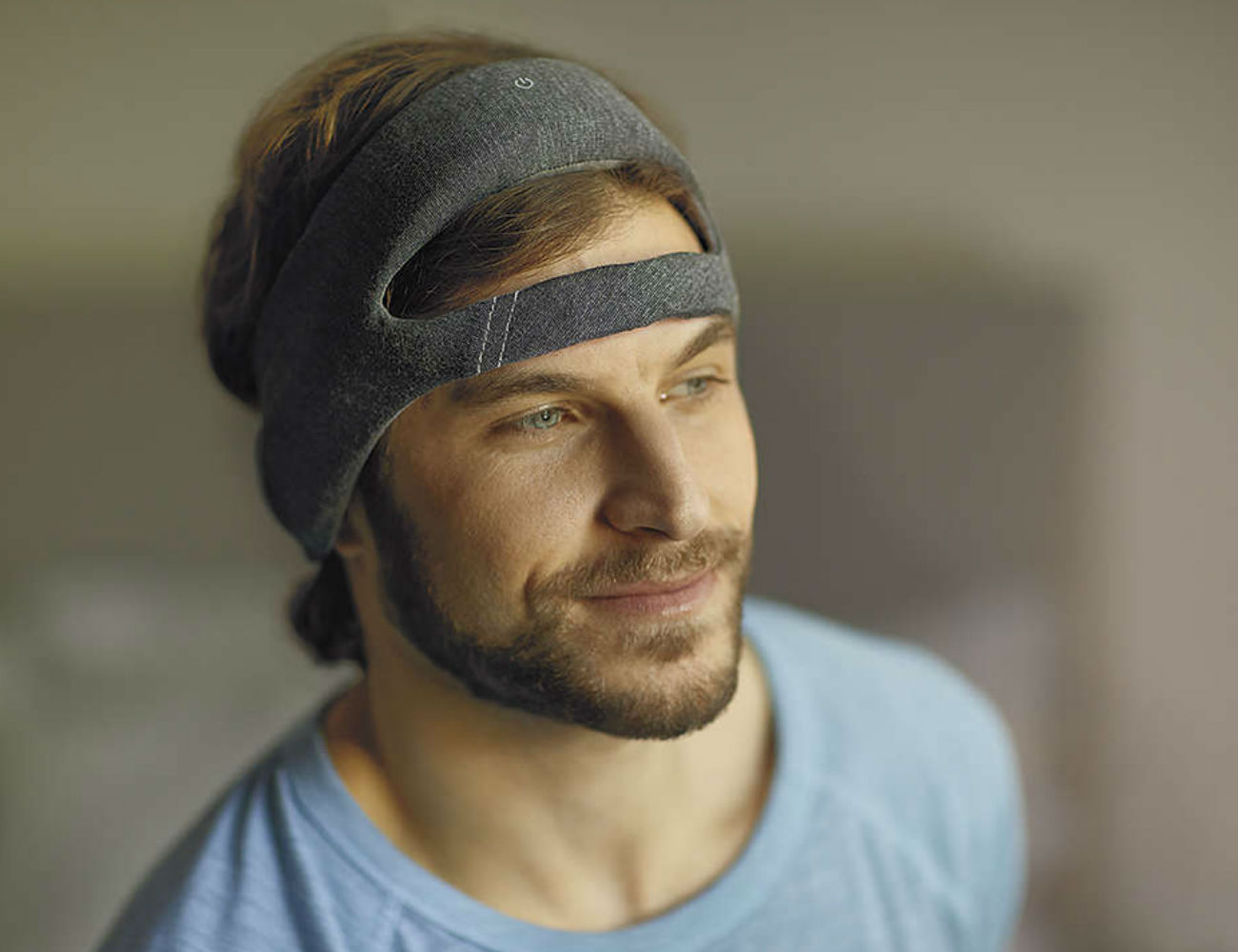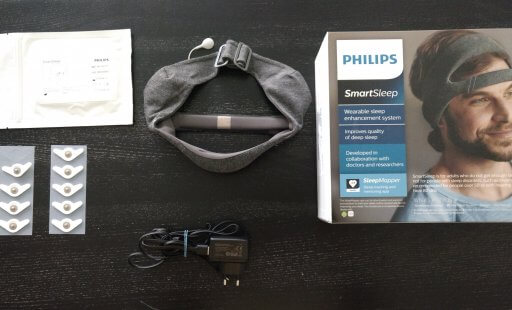

Research has demonstrated that the beneficial effects of sleep on restoring brain function occur, at least in part, during slow wave sleep, resulting in increased energy and alertness during times of wakefulness. “Deeper understanding of the connection between sleep and cognitive performance builds on the decades of clinically-guided research that drive our sleep solutions, and will contribute to future Philips innovations making better sleep and its benefits accessible to everyone.” “We’re honored to have the SmartSleep Deep Sleep Headband selected for these studies that will be important not only for space exploration, but also for the millions of people who have difficulty obtaining adequate sleep,” said John Frank, Business Leader, Sleep and Respiratory Care at Philips. Philips’ technology is the first-of-its-kind to be used in this type of research. The two-year initiative will use the Deep Sleep Headband to determine if sleep can be improved during deep space exploration by utilizing a variety of auditory stimulation protocols, thereby maximizing cognitive function.

Photo: courtesy of Koninklijke Philips N.V.

Image: SmartSleep Deep Sleep Headband explores sleep in space. Learn more about the latest technology updates in the sleep field from our Fundamentals of Sleep Technology, Third Edition textbook.Royal Philips has announced that the company’s SmartSleep Deep Sleep Headband will be used in research funded by the Translational Research Institute for Space Health (TRISH), a virtual institute empowered by the NASA Human Research Program, for two unprecedented studies evaluating the relationship between sleep and cognitive performance for behavioral health. The Fundamentals of Sleep Technology, Third Edition Textbook
PHILIPS SMARTSLEEP HEADBAND SERIES
This is Part Three of AAST’s blog series Touching the Future of Sleep Technology. Jones and Riedner both acknowledge that while the same technology used in the lab is now available to users at home, the technology is still very new and has not been proven to work on all populations yet. While the results of the study show the headband works, more tests and studies will be needed to test the effectiveness of the technology, particularly in the older male population. When the beeps from the headband sync up with the slow waves, it encourages the brain to produce more slow waves and sleep deeper.” So how do these beeps actually work? In a recent interview with the Wisconsin State Journal, Brady Riedner and Stephanie Jones, both assistant directors at the Wisconsin Institute for Sleep and Consciousness, explained that, “The rhythm of the beeps is intended to sync up with the ‘slow waves’ of the brain that happen during deep sleep. This particular headband uses sensors to detect when the user is in deep sleep and once deep sleep is achieved, quiet audio tones - or beeps - are triggered to help boost slow waves and improve the quality of sleep. Researchers wanted to see if the headband could help astronauts sleep better and improve their cognitive performance. How Effective Are Sleep Headbands?Ī recent NASA-funded study put the Philips SmartSleep Deep Sleep headband to the test at a few test sites, including UW-Madison. Headbands used before bed, such as the Muse S and the Urgonight, utilize meditation techniques, soundscapes and biofeedback to assist the user to fall asleep. Headbands such as the Philips SmartSleep Deep Sleep Headband 2 are designed to be worn throughout the night and claim to improve the user’s quality of sleep by tracking their sleep cycles and brain activity and using sound to improve sleep quality. There are currently two main types of sleep headbands on the market: ones worn throughout the night and those primarily worn before bed. The data collected from the headband is then available through the smart headband’s app and can be used to analyze sleeping patterns. Sleep headbands track sleep patterns and/or provide a calming environment through guided meditation and sounds. Some of these headbands focus on monitoring a person as they sleep, while others are designed to reduce stress and maintain focus prior to falling asleep. Smart headbands are becoming more common among consumers and can reportedly monitor and improve sleep without being a nuisance to the user. The latest trend? Smart headbands - wearable devices that reportedly help monitor and inform sleep patterns. As wearables have become more common, it’s no surprise companies are expanding their wearable offerings.


 0 kommentar(er)
0 kommentar(er)
